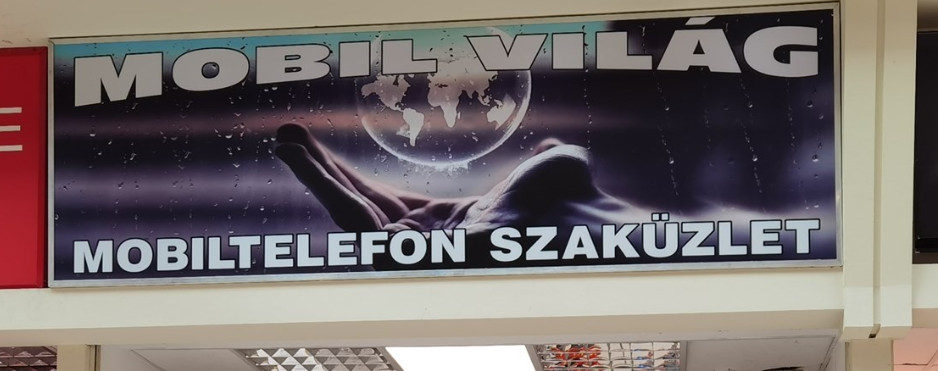A follower asked me to talk about "alanyi" and "tárgyas" conjugations.
My channel is devoted to discussing basic grammar, simple expressions and pronunciation excercises, and this request addresses a more complex topic, which -- at least I think -- should be taught at least at intermediate level, but perhaps we can talk about the basic idea of these types of conjugations.
Let's see three English sentences:
- (1) I'm reading.
- (2) I'm reading a book.
- (3) I'm reading the book.
The verbal structures in the three sentences are the same ("I'm reading"), but it is clear that regarding the object (the book), the sentences are very different. In (1) there is no object, only the fact is important that the activity that the speaker is doing is reading, in (2) there is an indefinite object -- it doesn't matter what book it is, only the fact is important that it is a book that the speaker is reading -- and in (3) there is a definite object, i.e. the speaker and the listener have a previous knowledge of what book it is (perhaps they had been talking about it, or the listener gave the book to the speaker some time ago etc.).
While the English language does not use different verbal structures or conjugations as the object changes, Hungarian does. In the first two cases, we use a conjugation type called "general" or "subject oriented" (általános vagy alanyi), while in the third case, we use "definite" or "object oriented" (határozott vagy tárgyas) conjugation.
Therefore the three sentences above will look like:
- (1) Olvasok..
- (2) Olvasok egy könyvet. Or: Egy könyvet olvasok.
- (3) Olvasom a könyvet. Or: A könyvet olvasom.
So olvasok is the general form and olvasom is the definite form, both meaning "I'm reading" or "I read",
I recommend that you learn verbs with the articles or even nouns so you will know which conjugation you should use in different situations: olvasok egy..., olvasom a....
Let's see another example
- (1) Kérek egy kávét..
- (2) Kérem a kávét.
kérni = to ask for
Now you see that in sentence (1), the speaker is asking for a coffee (new information), while sentence (2) implies that they both know what coffee it is, perhaps there is a cup of coffee, which the listener offered some minutes ago, but the speaker only wants it now. So they both know what coffee it is.
